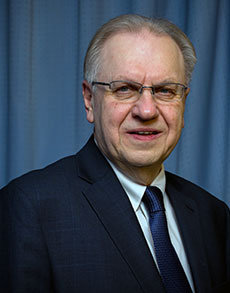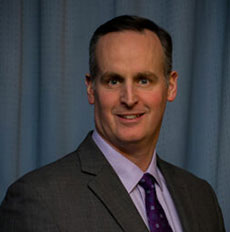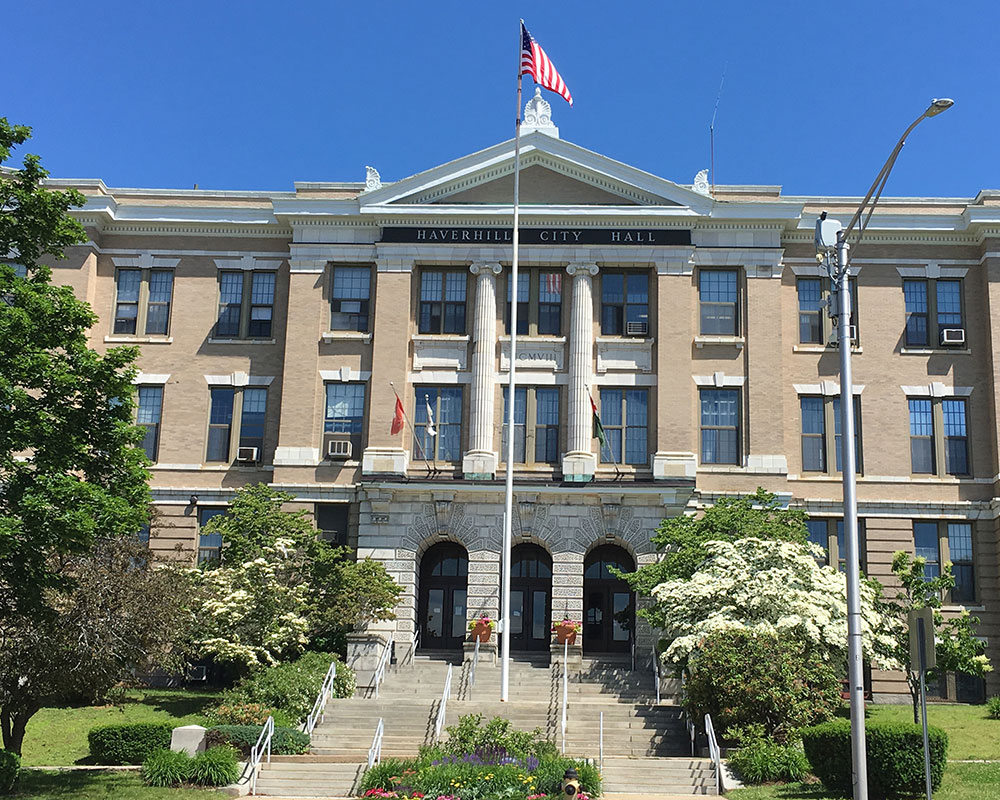Average Haverhill home taxpayers will see property taxes increase slightly this year as city councilors last night shifted more of the burden onto businesses, but rejected proposals to offset the rise by using some of the city surplus.
Haverhill businesses, meanwhile, will see a slight rate increase due to a shift in the tax burden from a classification factor of 163% to 165% resulting from last night’s annual hearing. Mayor James J. Fiorentini’s cited the financial hardship facing residents because of COVID-19.
“Tonight we have to balance our needs as a city with the needs of our citizens. We can’t starve the city but we have to take the pain our citizens are going through into account. I propose tonight a classification rate of 165. This brings the tax rate down not up and, I believe, it would give us a rate in the bill that is fair and reasonable,” the mayor said.
Average residential tax bills will rise $71—about half the amount they would have increased if businesses were not charged more. Commercial bills increase $100 and industrial bills drop $446 because of a loss in value. Property taxes pay about $111.5 million of the city’s approximately $200 million budget. The rest of the money come from state aid, grants and fees, among other income.
Greater Haverhill Chamber of Commerce resident and CEO Dougan Sherwood expressed his opposition to taxing businesses at a higher rate, saying they are also suffering during the current pandemic.

Haverhill City Councilor William J. Macek. (WHAV News file photograph by Jay Saulnier.)
Councilor William J. Macek favored the slight shift in the tax burden towards businesses, saying he aims for rates that provide the least amount of difference over the prior year. Councilor Joseph J. Bevilacqua motioned and Councilor Thomas J. Sullivan seconded to approve the shift and it passed 7-2 with Councilors Timothy J. Jordan and John A. Michitson opposed.
Councilors rejected separate suggestions from the mayor for using $500,000 and, when that failed, $100,000 from the city’s so-called rainy-day fund to reduce the total amount taxed.
Not everyone agreed that taxing at a lower rate than the law allows in order to save a relatively small amount per taxpayer is in the city’s best interest. Resident Jeff Grassie broke down the figures since 2014.
“For the past six years, since 2014, we have saved $711 per household average. That comes to $116 per year—nine dollars and seven cents per month or 31 cents per day. Think of how much, if we had saved all that, to do all the services that we should have,” he said.
Jordan agreed, saying that taxing below state limits has cost Haverhill significantly over the past several years.
“This proposal isn’t going to mean much to the City of Haverhill. I just don’t feel that we can afford to go an additional 500,000 under the levy. Our property taxes help pay for our children’s education, public safety, police and fire. Collectively, the cumulative effect is now $20 million that we have passed on over the past several years that we can never get back,” he said.

Haverhill City Councilor Timothy J. Jordan. (WHAV News file photograph by Jay Saulnier.)
Jordan explained the city has taxed below state limits—even when the economy was strong—by about $16 million over the past few years. This year, the city budget was set anticipating another $3.9 million under the cap set by the state’s tax-limiting law, proposition 2 ½.
Fiorentini argued the city would have spent the money had it taxed more rather than saving it to build schools. Grassie responded the city would have actually invested the money where it was needed.
Councilor Michitson noted the amount Haverhill gave back to taxpayers appears to match the extra money the city received from the state to pay off the debt of the former city-owned Hale Hospital.
The Council did agree to a few other proposals, one to increase the property tax exemption for small businesses from $5,000 to $7,000 and another that will give veterans a discount on their tax bills in return for performing various services for the city.
